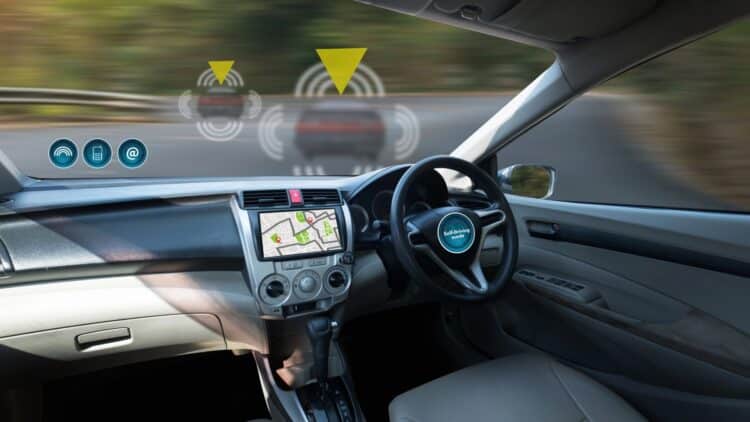After establishing a presence in Chinese cities and expanding into the Middle East, Chinese autonomous driving startups are now turning their investments and securing a foothold in Europe. Countries like Luxembourg, Germany, and the United Kingdom are on the list of strategic destinations for companies like Poney.ai and WeRide, which are seeking to use Europe as a new market and a new testing ground for driverless vehicles.
China exports autonomous driving innovation and expands its presence in the European market
Chinese companies specializing in autonomous driving, previously limited to domestic testing, are increasing the pace of their international expansion. Pony.ai, founded in 2016, chose Luxembourg to enter Western Europe, where it has already obtained authorization to conduct tests of level 4 in vehicles, which consist of vehicles capable of operating independently in most situations, with minimal human intervention.
The startup’s partnership with Emily Weber, the country’s largest mobility company, enables the use of autonomous electric taxis on Luxembourg streets. In parallel, a research and development team is working to adapt the systems to European realities, covering all aspects of daily vehicle use in urban contexts, from traffic signs to local diver habits.
China turns Europe into a new Laboratory for autonomous mobility
Pony.ai isn’t the only Chinese autonomous vehicle company following this path. other companies such as WeRide, have begun talks to conduct tests in European cities after expanding into the Middle East. The company, which already has agreements with Uber, now plans to include European destinations among the 15 global markets in which it plans to launch robotaxis by 2030.
The arrival in Europe is a significant development for these Chinese startups, which not only expand their business operations but also their ability to validate their technology in a context other than Asia. Testing and operating in countries with strict regulations can serve as a global seal of trust.
Luxembourg and other nations create a favorable environment for innovation in smart mobility
Luxembourg has stood out as a country more open to innovative solutions in autonomous transportation. The local government offers incentives, adapted infrastructure, and clear regulations, which together are factors that contribute to attracting companies like Pony.ai to invest in the country, which is seen as a perfect laboratory for their advancements.
Other European countries are also presented as good gateways for Chinese autonomous vehicles. Germany, France, and the United Kingdom have been discussing plans to ease the restrictions, but with an emphasis on safety and ethnical data collection. From Europe’s perspective, the entry of Chinese startups is also advantageous, as it creates opportunities to expand their technological capabilities.
According to the China Institute of New Economy, the presence of foreign companies can help integrate production chains and create more global technical standards.
“Their accelerated global expansion will bolster the maturity of autonomous driving technology, propel the deeper integration of global industrial chains, optimize resource allocation and inject fresh impetus into the development of the self-driving sector worldwide,” said Zhu Keli, founding director of the China of New Economy.
Europe seeks to balance innovation and control in the face of the arrival of Chinese autonomous driving
Amidst all this, the European Union’s stance is one of caution. The main concern is how to ensure that the introduction of these technologies’ respects local privacy and security standards. The question that must be addressed is how to balance innovation and control to ensure the success of this new phase of mobility on the continent.
The arrival of these Chinese autonomous driving startups in Europe is evidence that the main centers of mobility innovation are increasingly decentralized. The continent, known for its automotive tradition, is now becoming a region for technologies from another continent that do not requiring a steering wheel.


